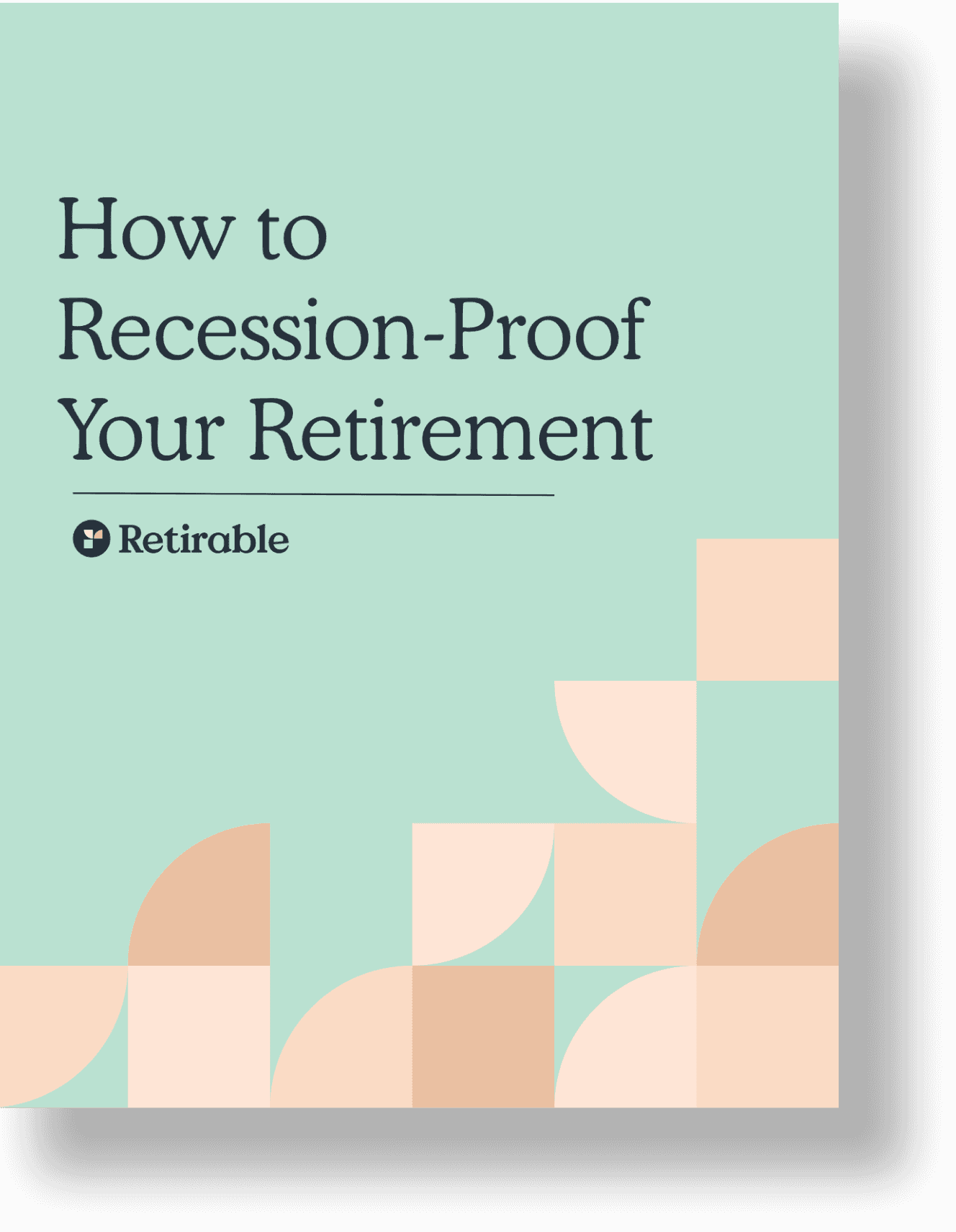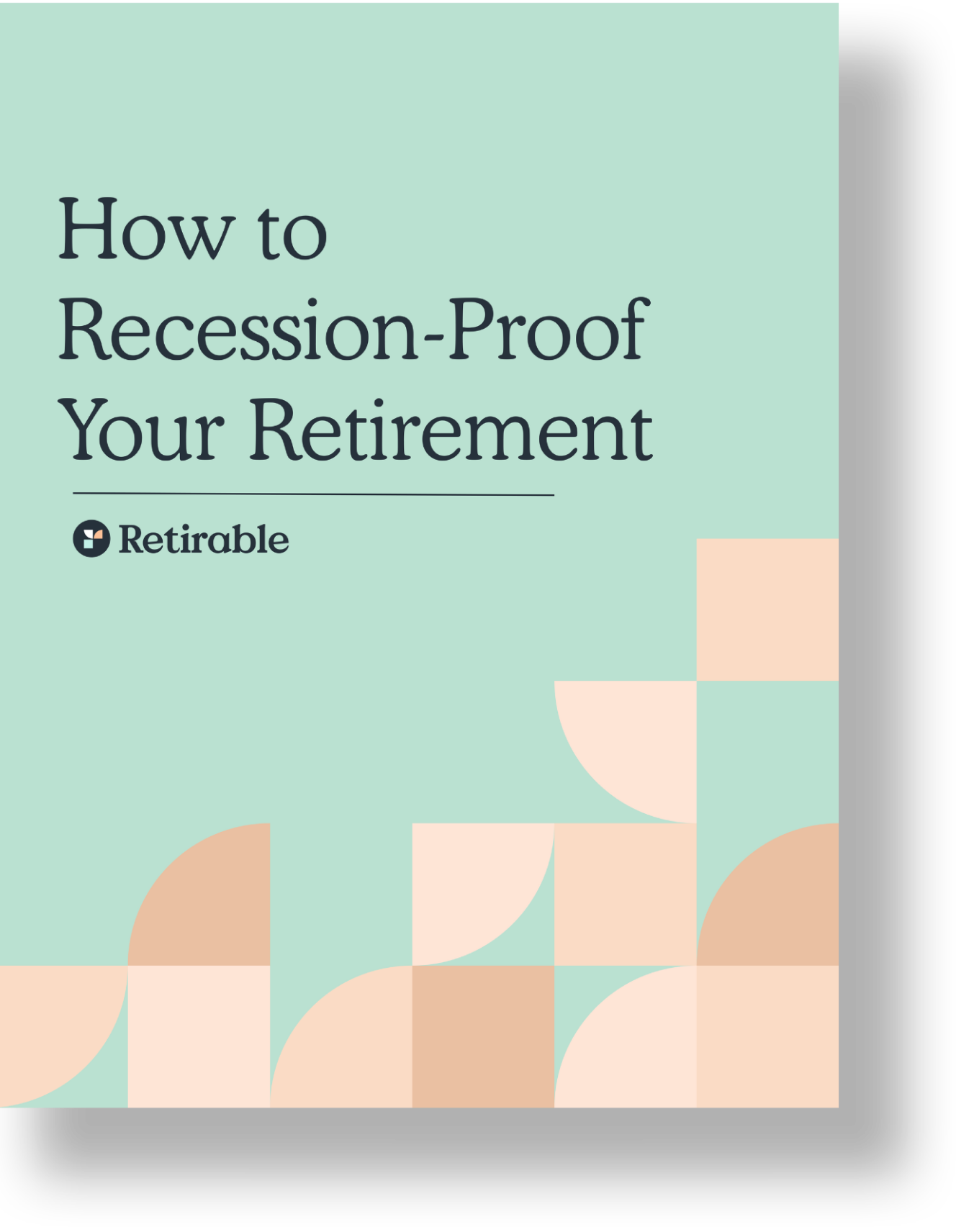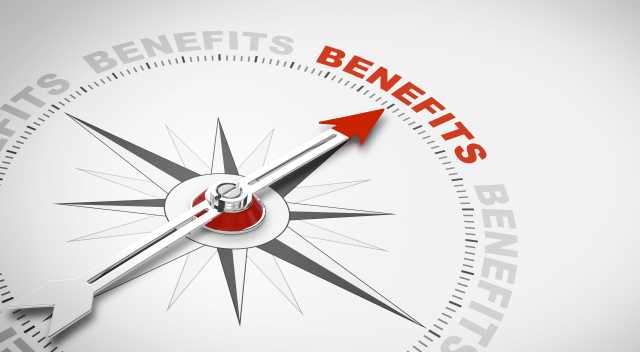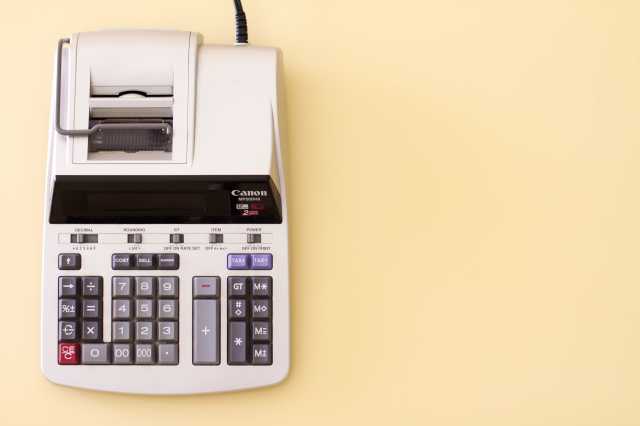Retirement Accounts
If you think you might have an unclaimed 401(k) or pension plan, it’s important to take a little time to search for it.

Stephanie Faris
•
Published December 21st, 2020
•
Updated March 31st, 2024
Table of Contents
Key Takeaways
If you’ve switched jobs at least once, you may have retirement savings you’ve forgotten in the form of 401(k) accounts and pensions.
There are tools you can use to perform a quick 401(k) search. You can also look for pensions using the Department of Labor’s online tool.
These tools will only help you find the funds. You’ll have to use the information to claim them.
After decades of hard work, you’re finally ready to retire. But there have also been decades of managing your money, which may involve funding various retirement accounts. If, like most people, you had multiple employers during your career, it can be even tougher to keep track of every retirement account you have.
If you think you might have an unclaimed 401(k) or pension plan, it’s important to take a little time to search for it. Even if it’s only a few hundred dollars, that money will come in handy after you retire. Here are some tips on tracking down all your retirement accounts and claiming any funds you find.
How Many 401(k)s are Lost Each Year?
According to the U.S. Government Accountability Office (GAO), hundreds of millions of dollars in unclaimed retirement benefits are reported to the U.S. government every year, with only some of it eventually claimed. Based on data from 15 states, owners reclaimed approximately $25 million in retirement savings in 2016. On average, individuals retrieved $601 from 401(k) plan checks and $5,817 from traditional IRAs.
The reason for so many lost 401(k) plans is that they’re typically tied to employment. As employees are leaving an employer, they pay attention to that final paycheck and reimbursement for unused vacation days, but they may completely neglect any retirement savings accounts that were a perk of that employment.
How to Find an Old Retirement Account
The good news is, it’s never too late to find old 401(k) plans. They still belong to you, no matter the circumstances surrounding the end of your employment. But the first step is to track it down. You can first try looking through your paperwork or searching your email account, but if that doesn’t work out, there are resources you can use. Search the National Registry
The easiest way to search for any outstanding retirement plans is through the National Registry of Unclaimed Retirement Benefits. This is a free searchable database of retirement funds that have been reported as unclaimed. Retirees and estate managers can search the databases, as can third parties who have the required information.
The National Registry of Unclaimed Retirement Benefits 401(k) and pension search can be conducted using only your Social Security number. It’s important to note that the site is set up for individuals wanting to find a 401(k) with a Social Security number, but anyone with that number can search for funds.
What To Do If You’ve Lost a Pension
If your search for unclaimed retirement benefits is specific to a pension rather than a 401(k), the U.S. Department of Labor’s Employee Benefits Security Administration can help. The site has an Abandoned Plans section that details plans that have been neglected by the employers who sponsored them. This often happens when an employer filed bankruptcy or the plan sponsor is no longer around to administer it.
Another resource for tracking down a lost pension is the U.S. Department of Labor’s Form 5500 Search. Employers are required to report their retirement details using this form, so a search can help you track down the information you need to get in touch with your plan administrator.
If your pension was governmental, you should go through the government website specific to your city, county, or state. State and local government pensions can be tracked down through the personnel office. Military pensions are administered through the U.S. Department of Veterans Affairs, and information on federal government pensions is available through the Federal Employees Retirement System (FERS).
Whatever search you use to ask, “Do I have retirement money somewhere?” these databases are solely designed to identify those funds. You’ll still have to contact the plan administrator or former employer to get your money. It will at least give you the information you’ll need to get started, though.
Whether you use find my 401(k) tools or not, you’ll need to get in touch with your former employer, assuming it’s still in business. There’s also the option of contacting the company administering the retirement plan. You may have to jump through some hoops to prove your identity or make multiple phone calls, but it’s worth the extra legwork if there’s a check at the end of it.
What Should I Do with My Lost Retirement Account?
Once you’ve tracked down your lost retirement funds, you have some decisions you need to make. You can, of course, withdraw the funds and spend them, but there are a few reasons that might be a bad idea. If you’re withdrawing funds from a forgotten 401(k) or other savings plan, take some time to research the taxes or penalties you’ll have to pay on any money you take out. Unless you put after-tax funds in, you’ll be taxed on the funds as you would with any type of income.
If you’re 72 years old, though, you’ll need to pay attention to the Required Minimum Distributions (RMDs) to avoid a penalty. The amount you’re required to take each year is based on a calculation that divides your account balance by your life expectancy factor. You can use the IRS Required Minimum Distribution Worksheet to help with that.
For the remainder of the amount, you may choose to leave it alone, withdraw it, or roll it into an IRA. You may find you can save on fees by rolling the amount over, but after retirement, the fees involved in doing that may eat into any cost savings. Weigh your options, including calculating the income taxes you’ll owe on any amount you withdraw, before making any decisions.
Final Thoughts
As easy as it is to find a 401(k) with Social Security number and look up your pension, you should be able to identify any funds that are out there. Retrace all your career stops and make sure you’ve accounted for every pension, IRA, 401(k), and savings account you’ve ever had. Once you’ve tracked down your forgotten funds, we recommend consulting a Certified Financial Planner®️ who can help you make the most of the money.
Frequently Asked Questions
How do retirement accounts become lost or forgotten?
Retirement accounts can become lost or forgotten due to changes in employment, moving to a new address without updating contact information, or simply forgetting about an account set up years ago. This is especially common with accounts from previous employers.
What types of retirement accounts can be lost or forgotten?
Any type of retirement account can be forgotten, including 401(k)s, 403(b)s, IRAs, and pension plans. Accounts with previous employers are particularly susceptible to being lost or forgotten.
How can I find out if I have a lost 401(k) or other retirement account?
To locate a lost 401(k) or other employer-sponsored retirement plan:
- Contact Previous Employers: Reach out to the human resources department of any past employers for information on your retirement account.
- Check Old Statements: If you have any old statements, these can provide clues on where your account might be held.
- Use the National Registry of Unclaimed Retirement Benefits: This free service can help you find unclaimed retirement account balances left with former employers.
- Search with the Department of Labor (DOL): The DOL’s Abandoned Plan Database can help identify lost or forgotten retirement accounts from employers that have terminated their plans.
What should I do if I find a lost retirement account?
Once you locate a lost retirement account:
- Review the Account Status: Check the current value, investment allocations, and any fees being charged.
- Consider Consolidating Accounts: If you have multiple retirement accounts, consider consolidating them into a single account to simplify management and potentially reduce fees.
- Update Your Contact Information: Ensure your current address, phone number, and email are up-to-date to avoid losing track again.
- Review Beneficiary Information: Make sure your beneficiary designations are current.
Can unclaimed retirement funds be forfeited?
Generally, retirement funds are held for the account owner and are not forfeited. However, unclaimed funds in a forgotten account may be transferred to a state unclaimed property fund if the financial institution is unable to contact the account owner for an extended period.
How can I prevent losing track of retirement accounts in the future?
- Keep Detailed Records: Maintain records of all retirement accounts, including institution names, account numbers, and contact information.
- Consolidate Accounts: Consider consolidating multiple retirement accounts to reduce the chance of forgetting about one.
- Update Your Information: Always update your contact information with financial institutions if you move or change phone numbers or email addresses.
- Regularly Review Your Accounts: Make it a habit to review your retirement accounts annually to ensure everything is in order.
Share this advice

Stephanie Faris has written about finance for entrepreneurs and marketing firms since 2013. She spent nearly a year as a writer for a credit card processing service and has written about finance for numerous marketing firms and entrepreneurs. Her work has appeared on Money Under 30, The Motley Fool, MoneyGeek, E-commerce Insiders, and GoBankingRates.
Understanding 401(k)s
401(k) Rules
Cashing Out your 401(k)
Understanding Roth 401(k)s
Roth IRA Basics
Share this advice

Stephanie Faris has written about finance for entrepreneurs and marketing firms since 2013. She spent nearly a year as a writer for a credit card processing service and has written about finance for numerous marketing firms and entrepreneurs. Her work has appeared on Money Under 30, The Motley Fool, MoneyGeek, E-commerce Insiders, and GoBankingRates.






